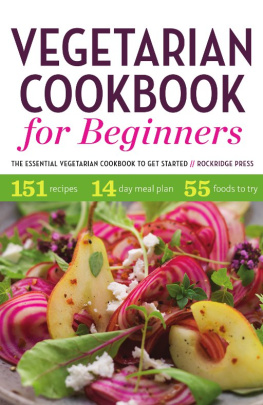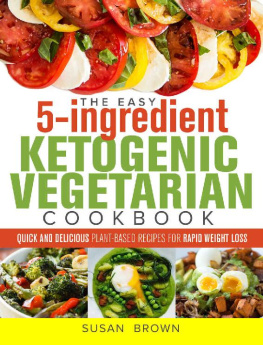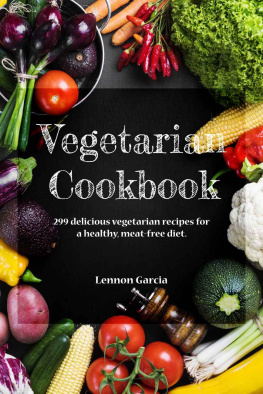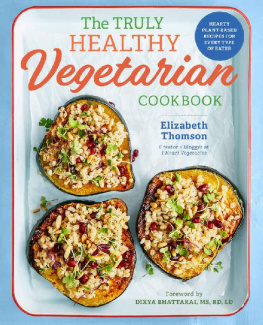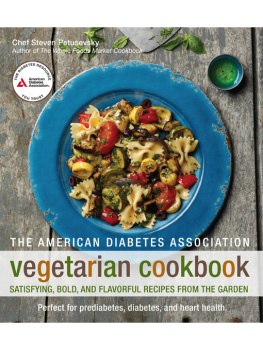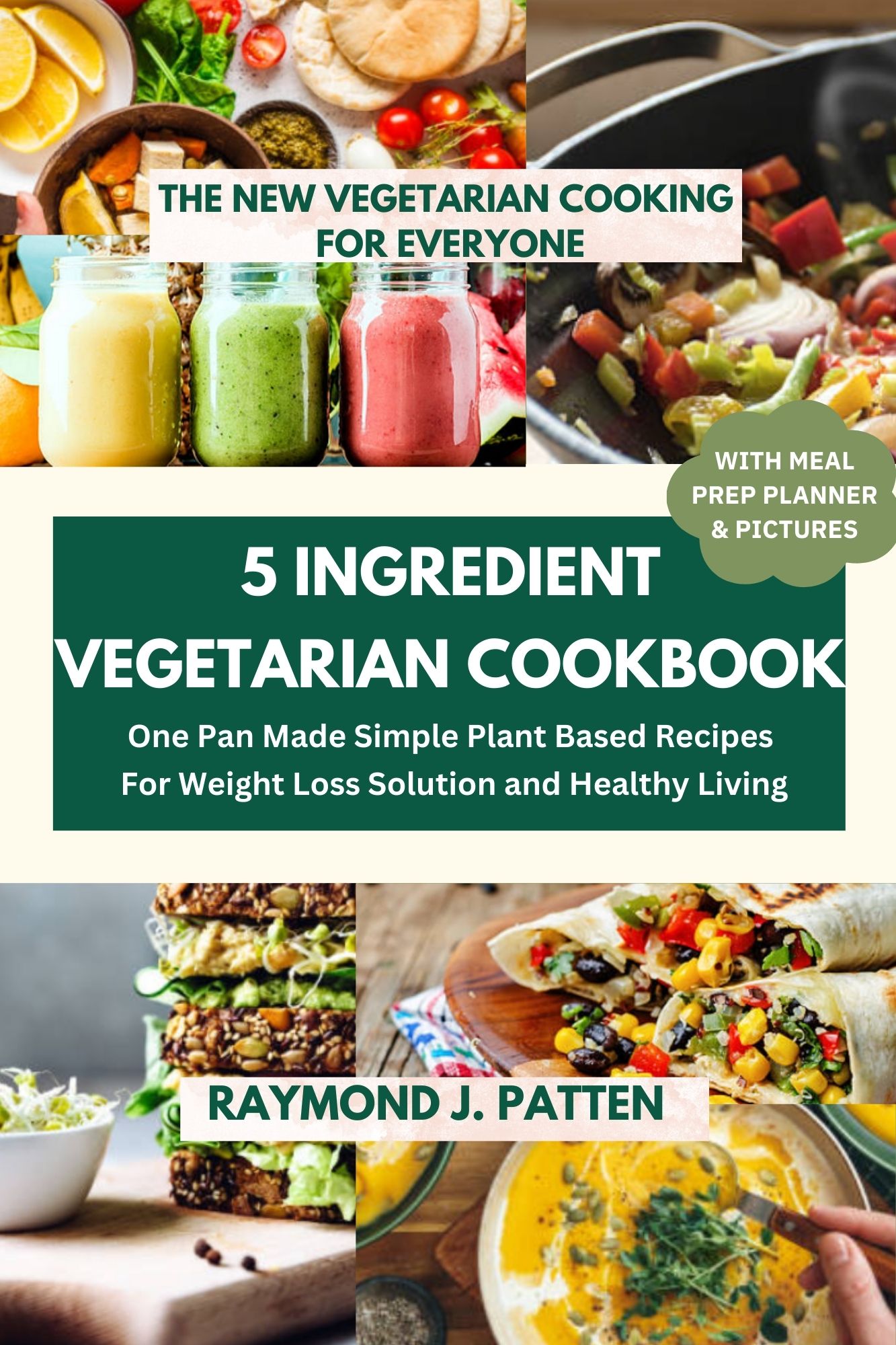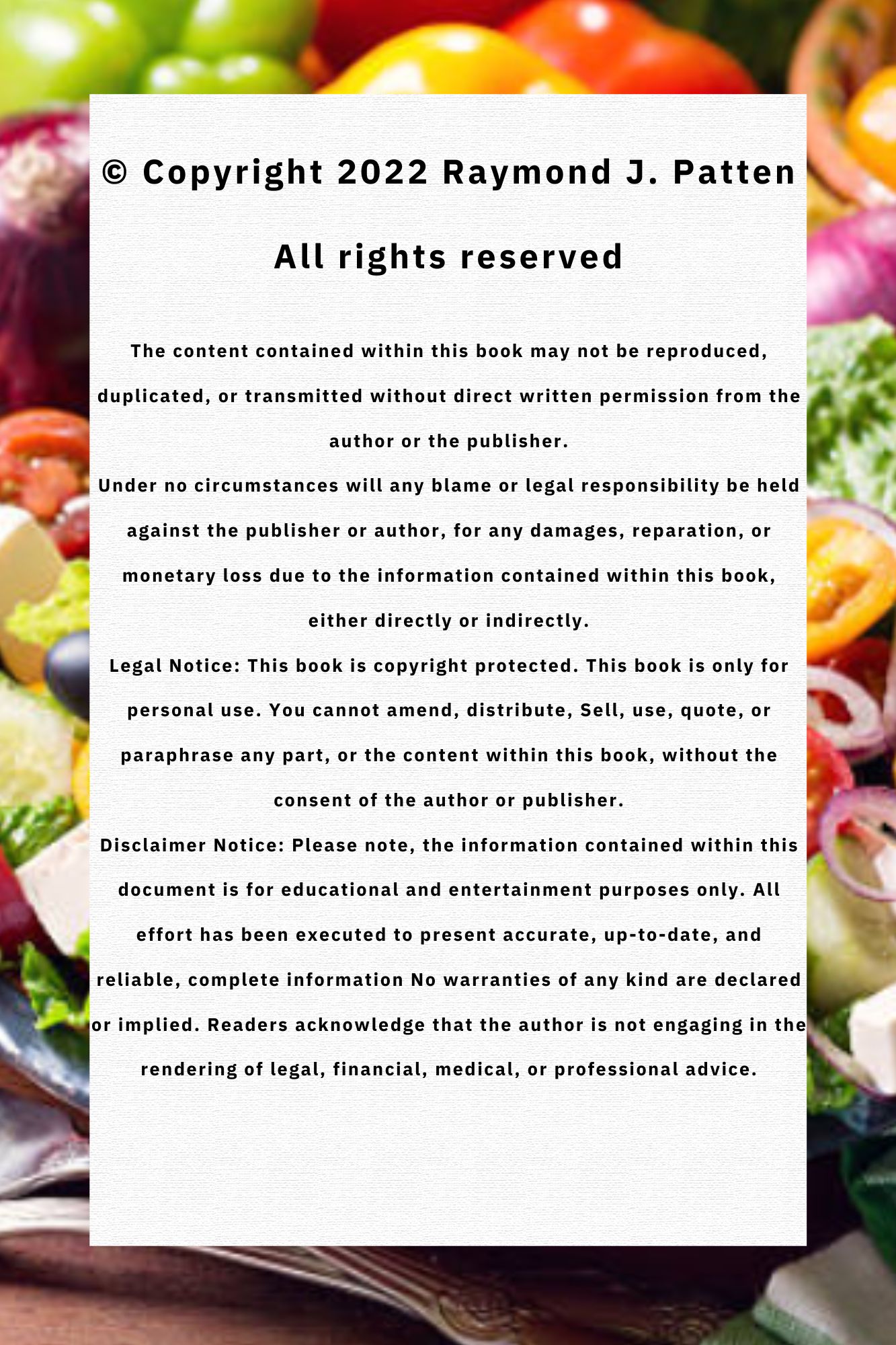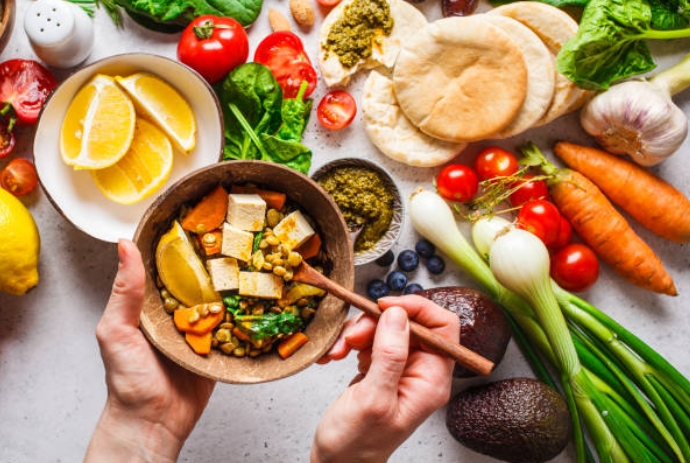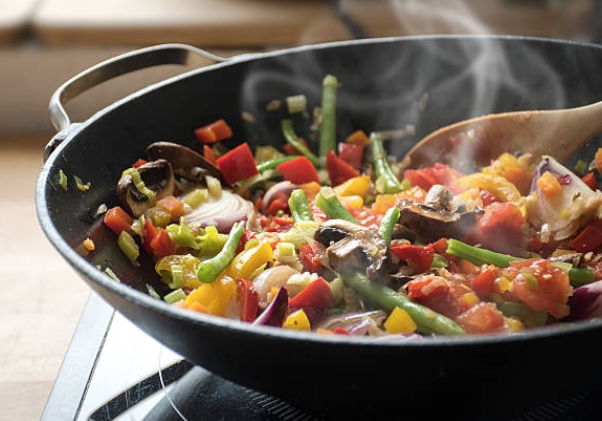TABLE OF CONTENT
INTRODUCTION
As a young vegetarian, I often felt limited in my culinary options. Growing up in a meat-eating household, it seemed like all the recipes my family cooked were full of animal products. I was sure that I had to give up the flavors I loved if I was to stay true to my vegetarian values.
But then one day, after binge watching some YouTube videos, I discovered the power of one-pan, five-ingredient vegetarian cooking. With just a few simple ingredients and one pan, I was able to make meals that were delicious, nutritious, and most importantly, true to my beliefs.
I soon realized I could make flavorful and satisfying meals without compromising my values. This cookbook is my way of sharing that same experience with you. In it, you'll find a collection of easy-to-make one-pan, five-ingredient vegetarian recipes that will tantalize your taste buds without sacrificing your beliefs. Whether you're a vegetarian looking for delicious and creative recipes or a meat-eater wanting to try something different, this cookbook has something for you.
This cookbook is designed to help you create delicious, nutritious meals in little time, with minimal effort. Whether youre a novice cook or a master chef, youll find recipes that are easy to make and sure to please.
I believe that a healthy diet should be accessible, enjoyable and satisfying. Thats why I have put together this collection of vegetarian meals from hearty soups to veggie-packed stir-fries, these meals are simple, nutritious and packed with flavor. They are designed to be budget-friendly and easy to scale up or down. Whether youre cooking for one or feeding a crowd, youll find recipes that are perfect for your needs.
Welcome to the world of one pan, five ingredient vegetarian cooking! Enjoy!
ALL THINGS VEGETARIAN DIET
Basics of the Vegetarian Diet
A vegetarian diet is a diet that does not include any animal products, such as meat, poultry, fish, or seafood. This type of diet is typically plant-based, meaning it includes fruits, vegetables, grains, nuts, and legumes. It is important to get adequate protein, vitamins, and minerals when following a vegetarian diet, and careful planning is necessary in order to ensure that all essential nutrients are obtained.
Protein can be obtained from a variety of vegetarian sources, such as beans, nuts, and soy products. Iron, vitamin B12, zinc, and calcium can be found in foods such as fortified cereals, legumes, fortified plant-based milks, and certain vegetables. It is important to include a variety of foods in order to ensure that all essential nutrients are being obtained.
In addition to fruits, vegetables, grains, nuts, and legumes, a vegetarian diet can also include dairy products and eggs.
Dairy products are a good source of calcium and protein, but it is important to choose low-fat and fat-free options. Eggs are also a good source of protein, but they should be limited to no more than 3-4 per week.
A vegetarian diet can be a healthy and satisfying way of eating. It is important to be mindful of food choices, and to make sure that all essential nutrients are being obtained. It is also important to get adequate physical activity and to stay hydrated.
Benefits
Lower Risk of Heart Disease: A vegetarian diet is typically lower in saturated fat and cholesterol, making it a great way to reduce your risk of heart disease.
Better Weight Management: Following a vegetarian diet can help you manage your weight, as it is typically high in fiber and low in calories and fats.
More Nutritional Balance: Vegetarian diets tend to be higher in vitamins and minerals than diets that include animal products.
Increased Energy: A vegetarian diet can provide you with more energy due to the increased amount of vitamins and minerals you will be consuming.
Reduced Carbon Footprint: Eating a vegetarian diet is an eco-friendly choice, as it requires less energy and resources to produce plant-based food.
Improved Digestion: Plant-based diets are typically higher in fiber, which helps to improve digestion and reduce constipation.
Reduced Risk of Certain Cancers: Eating a vegetarian diet can help reduce your risk of certain cancers, such as colorectal cancer.
Reduced Risk of Diabetes: A vegetarian diet can also help reduce your risk of type 2 diabetes, as it is often lower in unhealthy fats and higher in fiber.


